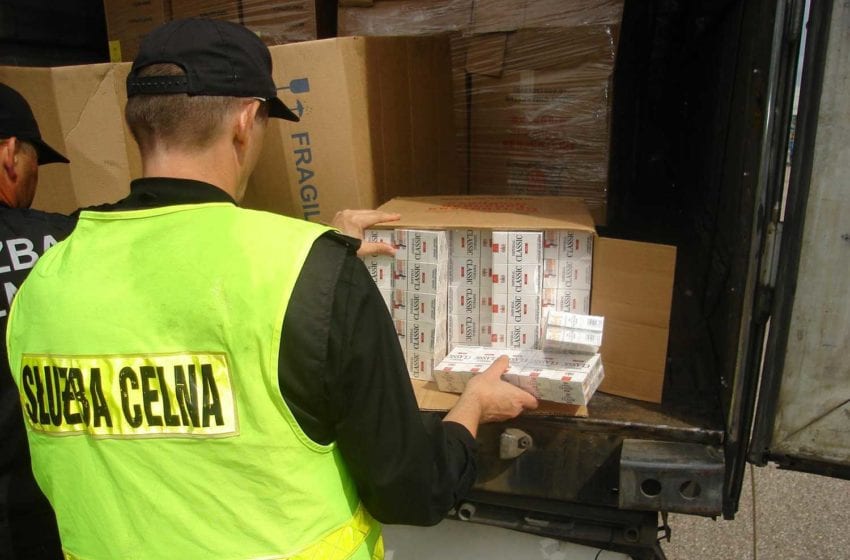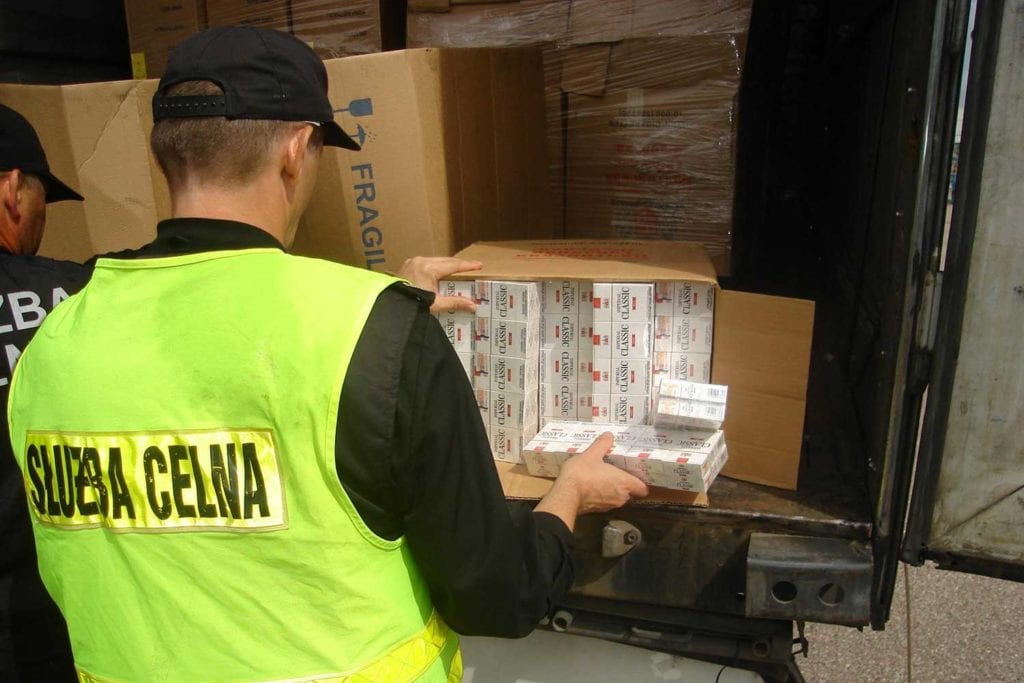
Universal Corp. has entered into a definitive agreement to acquire Shank’s Extracts, a privately held specialty ingredient, flavoring and food company with bottling and packaging capabilities. Following the close of the transaction, Shank’s will operate as part of Universal’s plant-based ingredients platform, which includes the previously acquired companies Silva International and FruitSmart.
Founded in 1899, Shank’s has established a strong presence within the flavoring, extracts and bottling marketplace, with significant vanilla expertise. In addition to pure vanilla extract products, Shank’s offers a robust portfolio of over 2,400 other extracts, distillates, natural flavors and colors for industrial and private label customers worldwide. Headquartered in Lancaster, Pennsylvania, USA, Shank’s employs more than 200 people and has a 191,000-square-foot manufacturing campus.
“This agreement with Shank’s marks another important step forward in Universal’s efforts to identify and execute on opportunities that broaden and enhance our plant-based ingredients platform,” said George C. Freeman III, chairman, president and CEO of Universal Corp, in a statement. “The Shank’s acquisition fits squarely in our new platform and our capital allocation strategy, bolstering our offerings for customers and expanding our value-added services by adding flavors, custom packaging and bottling, and product development capabilities.”
“Shank’s has been providing high-quality products and services for more than 120 years, earning a reputation for consistency, traceability and dependability. This has allowed us to build a strong portfolio of long-tenured, blue-chip customers. As part of Universal Corporation, Shank’s will benefit from the resources and scale of a global organization as we look to expand our offerings and enter new, lucrative end markets,” said Jeffrey Lehman, president-owner of Shank’s.
Universal Corporation expects the transaction to close in the calendar-year fourth quarter, subject to customary closing conditions, and anticipates the acquisition will be accretive to earnings in fiscal year 2023. Following the close of the transaction, the existing management team will continue to run the business and report to J. Patrick O’Keefe, senior vice president of Universal Global Ventures.



















